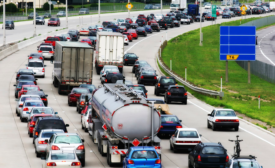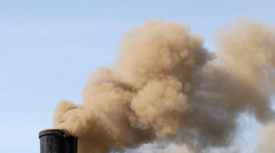Sustainability in Health and Safety
Communicable & infectious diseases on the rise in the U.S.
Biohazards warrant priority attention
June 3, 2019
Become a Leader in Safety Culture
Build your knowledge with ISHN, covering key safety, health and industrial hygiene news, products, and trends.
JOIN TODAYCopyright ©2025. All Rights Reserved BNP Media.
Design, CMS, Hosting & Web Development :: ePublishing











